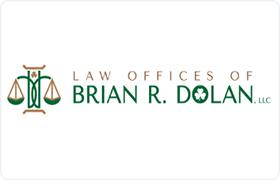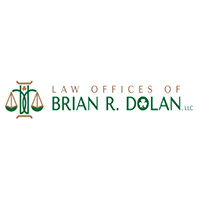Riverside Estate Lawyers, Illinois
Sponsored Law Firm
-
 x
x

Click For More Info:
-
Law Offices of Brian R. Dolan, LLC
5 Revere Drive Suite 200 Northbrook, IL 60062» view mapEstate Law Your House Call Lawyer
I am available to meet with you at any time to prepare you each step of the way. I take great pride in providing these services and easing your transitions through life.
800-569-0101
Sponsored Lawyers
1-10 of 43 matches
Estate, Contract, Wills & Probate, Business Organization
T. Phillip Boggess is the principle in his law firm, the Law Office of T. Phillip Boggess. The focus of the law firm and of his practice is to help clients understand their situation and to make solid plans to help navigate any future potential pitfalls while pursuing their goals for themselves, their businesses, and their families. With over 20 years representing clients, Mr. Boggess has helped both individuals and businesses from their small beginnings through their growth, accomplishments, stumbles in the road, reaching their goals, exit strategies, and passing on their legacy to the next generation. Mr. Boggess has represented: individuals looking to have strategies available for their personal lives and making sure everything was in order for the uncertainties of life ... business owners who want to be sure his or her business was formed properly, and whether he or she was taking the proper steps to continue the success by following proper procedures and also attracting, rewarding, and retaining key employees ... business owners who were looking to transition out of the business ... athletes and entertainers who were looking to capitalize on their moment along all available avenues ... and other individuals who wanted to make sure they understood the options and opportunities available.
(more)


 Brian R. Dolan Northbrook, IL
Brian R. Dolan Northbrook, IL Practice AreasExpertise
Practice AreasExpertise

